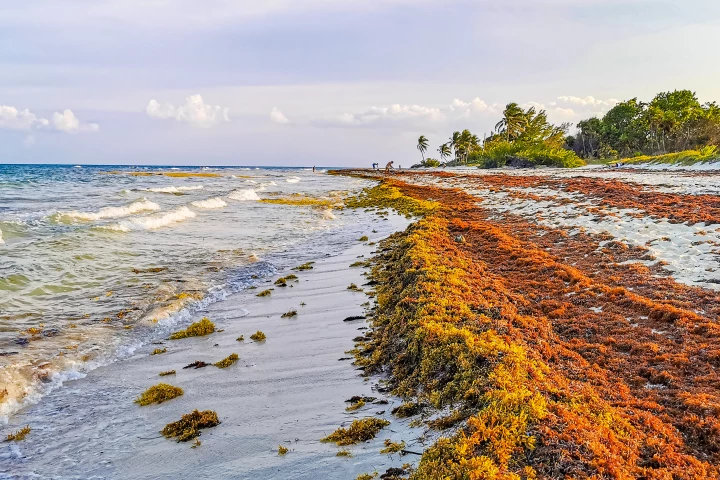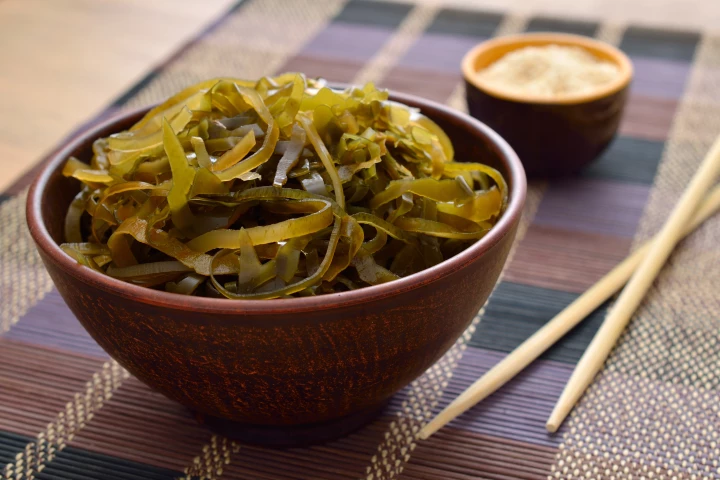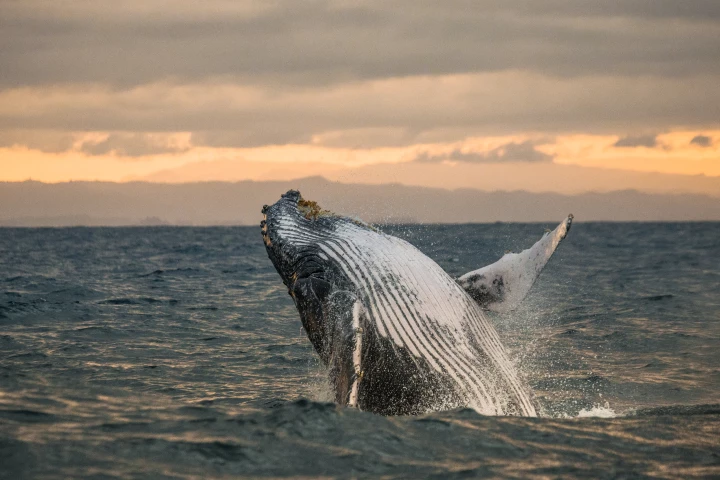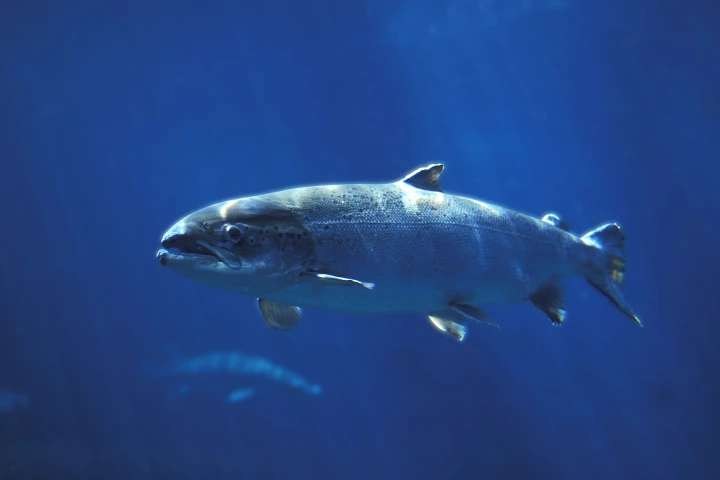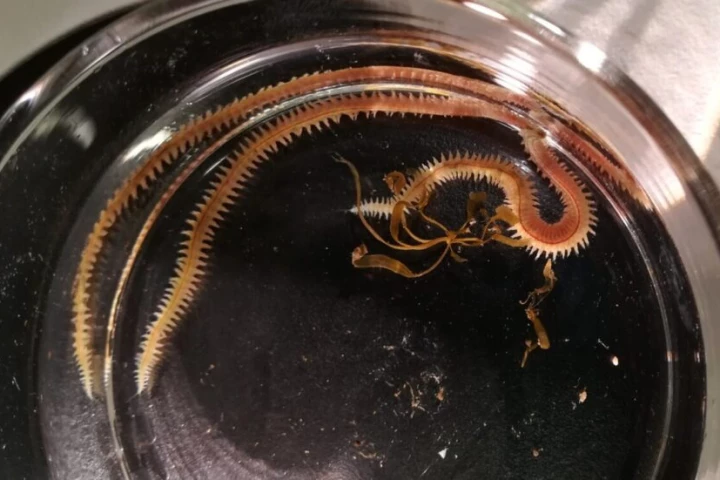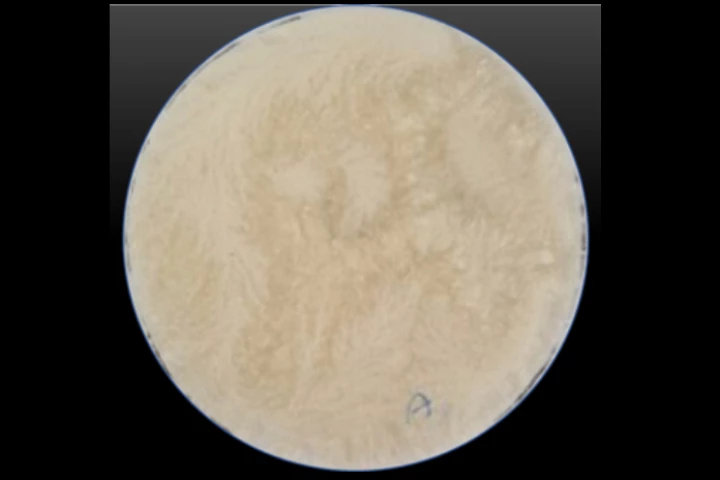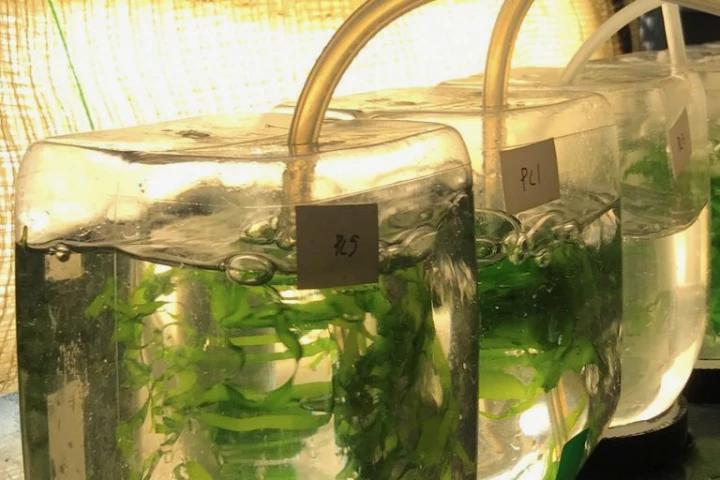Seaweed
-
Once a harmless drifter in the Sargasso Sea, an algae known as sargassum is now flooding beaches, from Brazil to the Caribbean, with stinky piles. But some clever researchers have mixed it into concrete creating a new, ultra-light building material.
-
Seaweed washing onto sandy shores does more than rot. A new study found that it fuels oxygen-tolerant microorganisms that pump methane into the air, overturning a long-held scientific assumption about coastal ecosystems and their climate role.
-
Researchers have successfully tweaked a specialized compound from brown seaweed to unlock its powerful anti-obesity potential. Instead of appetite suppression and fat burning, this molecule reshapes the gut microbiome to fight weight gain naturally.
-
Play is a vital part of animal behavior, helping to form social structures and bonds, develop cognitive function and enhance physical abilities. Now, it's believed whale play with seaweed to scrub off dead skin cells and parasites as they migrate.
-
Bioactive compounds in brown seaweed were found to have more effective anti-skin-aging properties than commercially available anti-aging agents. The finding paves the way for more effective, natural health and skincare products.
-
ESA's Sentinel-2 satellite is tracking what may be the largest bloom of Sargassum seaweed ever recorded as it drifts toward the US East Coast, threatening to dump millions of tons of rotting vegetation on thousands of miles of beaches.
-
Although salmon farms help take pressure off wild stocks, the penned fish do produce a lot of waste which is concentrated at one location. A new farm is exploring a solution to that problem, by raising salmon and kelp in adjacent pens.
-
Seasteading proponents envisage a floating society with a fluid geography, free from oppressive government in international waters. But they'll need something to build their watery utopia on top of, and these interlocking seaweed bricks might be it.
-
While the farming of salmon does help take pressure off wild stocks, the feed used to raise the fish still isn't entirely sustainably sourced. That may change, however, thanks to nutrient-rich worms that eat readily available seaweed.
-
Whether they're in cars, buildings or airplanes, most of today's noise-blocking acoustic tiles are made of petrochemical-derived foam. A more eco-friendly alternative may be on the way, however, in the form of seaweed-derived membranes.
-
The processing of foods typically generates a lot of wastewater, which has to be cleaned up before being released back into local waterways. According to new research, however, that water could first be put to use as a very effective fertilizer for farmed seaweed.
-
As is the case with other types of livestock farming, antibiotics are widely used in aquaculture to prevent disease. There may soon be a healthier and more eco-friendly alternative though, in the form of seaweed added to existing fish food.
Load More
